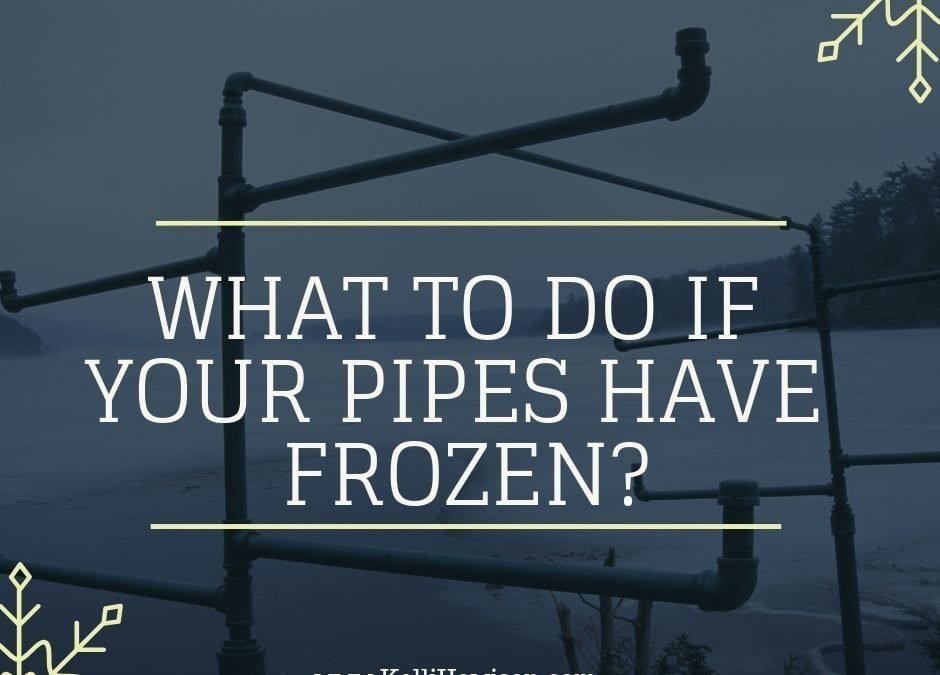Wow! We have gotten more snow in the last week then the Pacific Northwest has seen in one time since 1916. That’s definitely a new record but now that we are kind of on the other side of this crazy Snowmageden 2019, we need to inspect our homes for frozen pipes and other issues. If you’re like me, most of the roads in fairly traffic it did areas are getting clearer but the back roads and neighborhood roads are still pretty bad. However, with a little bit of a break in the weather, now’s a good time to inspect your home for any signs of damage.
We didn’t get a lot of heavy winds but some places around the Puget Sound sought wind gusts of up to about 30 miles an hour and with windy conditions and cold air, it could cause cracks in the mortar of your foundation or in bricks, which can allow water inside and create a bigger problem. Inspect your home inside and out for any major cracks in the flooring, foundation, walls, or siding.
So what about burst pipes? Here are a few signs that your pipes might be frozen.
Lack of running water. Clearly, the most obvious effect is that you just are not getting any water into the house.
The potential to burst. When a pipe freezes it’s the pipe that actually bursts and once water in the pipe freezes, the pressure created between the closed faucet and the blockage can build up and cause the pipe to actually explode. You can see the number of issues that this could possibly cause.
Strange smell from the faucet or drain. If you have an odd smell coming from a drain or a faucet it could mean that the pipe is partially or even completely blocked.
There’s frost on the pipes. For pipes that you can actually see such as underneath the sink you might be able to locate frost that is accumulated on the outside of the pipe. This is a huge warning sign that the pipe is frozen so don’t turn on the faucet at this point.
The temperature needs to be correct. Pipes can’t freeze if it’s not cold enough outside for them to do so but when the temperature falls to 32°F or lower, which we’ve definitely seen around the Puget Sound, make sure you constantly check your pipes.
So where should we be checking these pipes?
Water pipes located along the exterior wall of a home are vulnerable to freezing. They may not have enough insulation to protect them so it’s important to check where these pipes go in and out of the house.
Pipes located in attics and basements have a greater tendency to freeze because the temperature is just not getting over freezing in these areas.
So what happens if a pipe does burst and you need emergency water damage repair? I have a few options in town but preventative maintenance is always the best way if you can’t. It can be an extremely costly fix so even if you have investment properties, it’s important to check on them frequently.


